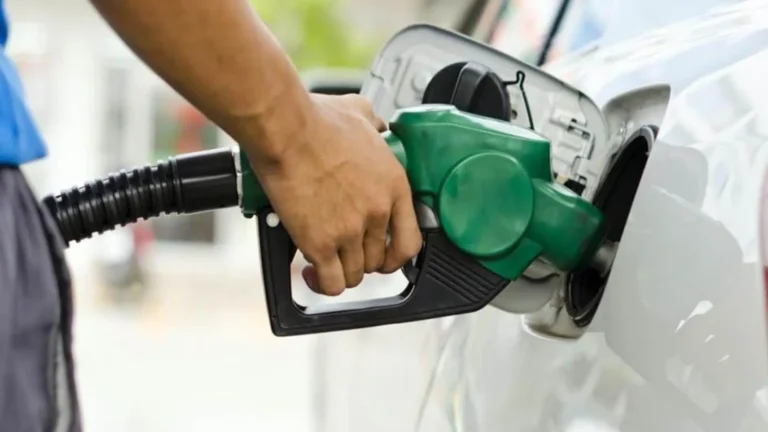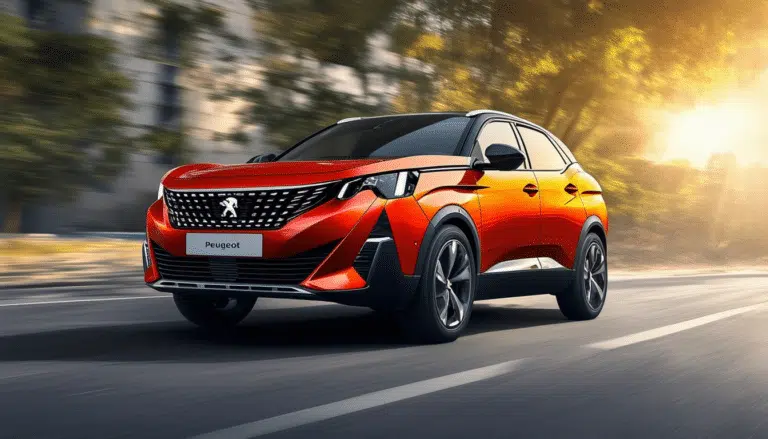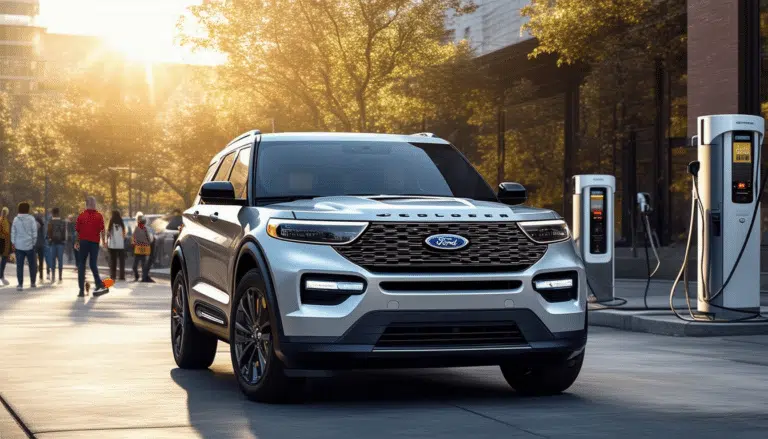Best driving practices to reduce fuel consumption
In a world where the cost of fuel continues to rise, it is essential to adopt efficient driving practices that allow for reduced expenses. The way we drive our vehicles not only impacts our wallets but also has a significant effect on the environment. Through simple adjustments and driving techniques, it is possible to optimize fuel usage and contribute to a more sustainable future. Below are some of the best practices that every driver can implement to achieve considerable savings on gasoline.
Reducing fuel expenses is a common concern among drivers, not only due to financial costs but also because of environmental impact. Adopting better driving practices can make a difference in the vehicle’s efficiency. Below are key strategies that every driver can practice to optimize their fuel consumption.
Trip Planning
Good trip planning is essential. Before setting out, it is advisable to outline the most efficient route that avoids unnecessary traffic and frequent stops. Using navigation apps that indicate traffic status can help avoid congestion that increases fuel consumption. Additionally, it’s ideal to group activities and run errands in a single trip to reduce travel.
Regular Vehicle Maintenance
Regular vehicle maintenance plays a crucial role in reducing fuel expenses. Checking tire pressure periodically is essential, as inadequate pressure can increase consumption. Well-inflated tires not only optimize efficiency but also offer greater safety while driving. It is also vital to keep air filters in good condition and schedule oil changes according to the manufacturer’s recommendations.
Smooth Driving and Speed Control
Adopting a smooth driving style significantly contributes to fuel savings. Accelerating and braking sharply increases consumption. Instead, it is advisable to maintain a steady speed and use cruise control on highways, which can save between 5% and 10% of fuel. Focusing on anticipating traffic and anticipating stops can help minimize sudden accelerations and brake slams.
Proper Use of Air Conditioning
The use of air conditioning can influence fuel consumption. On short trips, it is preferable to open the windows, as air conditioning increases the load on the engine. On longer journeys, if it is necessary to use the air conditioning, it is recommended to set the temperature to a moderate level and use it intermittently to avoid overworking the engine.
Avoid Excess Weight
A vehicle carrying unnecessary weight consumes more fuel. It is advisable to remove items from the trunk that are not needed, such as luggage or tools, as every additional kilogram can increase expenses. Additionally, avoiding the use of roof racks when not needed also helps reduce wind resistance and, therefore, fuel consumption.
Discover More About Fuel Savings
To delve deeper into the topic, additional strategies that promote energy efficiency and sustainability in driving can be explored. For instance, keeping the engine in optimal condition can prolong its lifespan and reduce gasoline expenses. You can refer to related articles such as effective strategies to reduce fuel consumption and DGT recommendations for reducing gasoline consumption.
By following these driving practices, not only is a significant economic savings achieved, but also contributes to a more sustainable future. The combination of proper maintenance and a conscientious driving style can lead to a notable reduction in fuel expenses.
Efficient driving has become a necessity today, not only for our wallets but also for the environment. Adopting certain habits behind the wheel can make a big difference in fuel consumption and contribute to more sustainable mobility. Implementing simple changes in the way we drive our vehicles can lead to significant savings in the long run.
One of the first steps to saving fuel is to properly plan the trip. This involves choosing shorter routes or those with less traffic, thus avoiding unnecessary stops and excessive use of the accelerator. Furthermore, maintaining a constant and moderate speed helps optimize consumption. Driving at a steady speed, without sudden accelerations and braking, can reduce fuel expenses by between 15% and 30%.
Another key aspect is regular maintenance of the vehicle. Checking the tires pressure regularly is crucial, as deflated tires can increase fuel consumption. It is also essential to ensure that air filters are clean and that the motor oil is appropriate. These small details not only improve engine efficiency but also extend the vehicle’s lifespan.
Additionally, using cruise control on long trips can help maintain a constant speed and optimize gasoline savings. Turning off the engine during long stops and avoiding excessive use of air conditioning are also practices that can significantly influence the amount of fuel consumed.
Finally, adopting a smoother and more conscious driving style not only translates into economic savings but also contributes to a more sustainable future. With awareness, we can all be part of the solution to the problem of excessive fuel consumption and environmental degradation.





